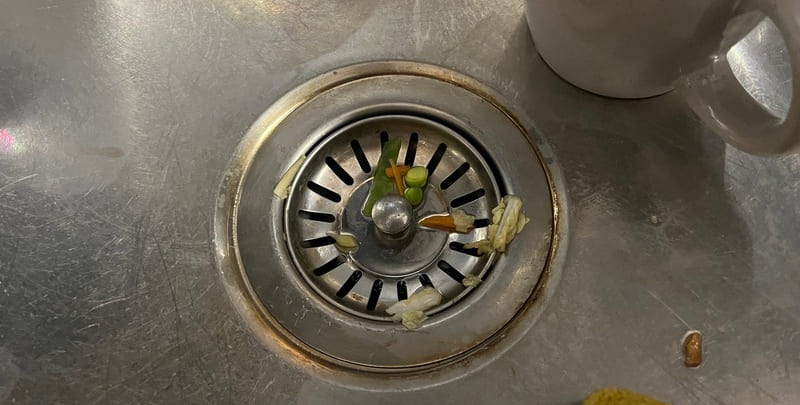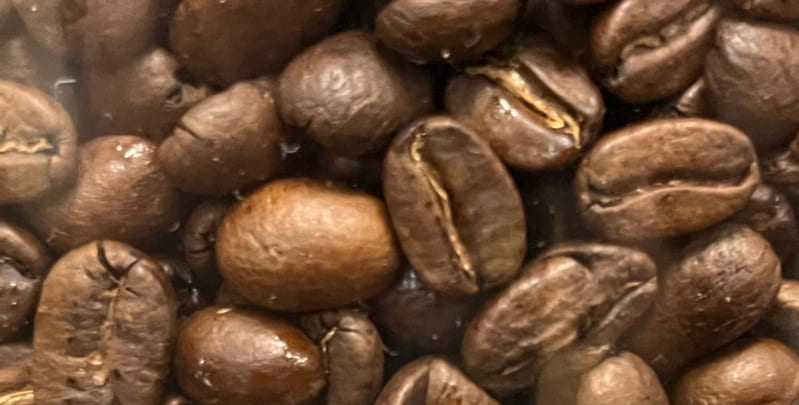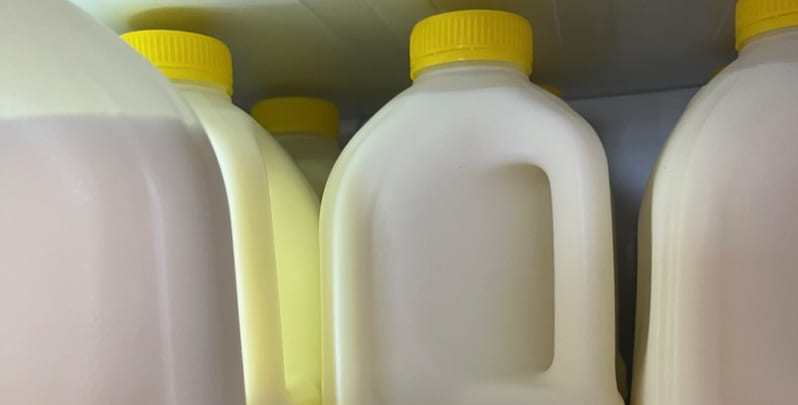Most people treat their kitchen sink like a trash can, tossing anything down the drain without a second thought. They assume it just disappears, never to be seen again. But what if we told you that those "harmless" items are actually working against you?
It’s only when your sink starts to slow down or completely clogs that you realize the consequences of this careless habit. Your drainage system is more than just a pipe—it's a vital part of your home's plumbing. Neglecting it can lead to expensive repairs and major headaches.
So, how can you avoid these problems? Here are 5 things you should never put down your kitchen sink.
1. Food Waste
Let’s be honest—most of us are guilty of tossing food scraps into the sink instead of the bin. It’s easy, quick, and often overlooked. But what you don’t see is the damage it does over time.
Items like pasta, rice, eggshells, and even potato peels can absorb water and expand in your pipes, creating stubborn blockages. These substances mix with grease and other debris, forming a thick, sticky sludge that clogs your drains.

Flour and Baking Ingredients
Even flour can cause issues. When mixed with water, it becomes glue-like and can stick to the sides of your pipes, leading to slow drains or complete blockages. Always dispose of leftovers in the bin, not the sink.
2. Cooking Oils and Fats
Pouring oil down the drain is one of the worst things you can do. Even when cooled, oil solidifies inside your pipes, creating a thick layer that traps other debris. Over time, this leads to a full blockage.
Instead, let the oil cool, then pour it into a sealed container and throw it in the trash. This simple step can save you from costly plumbing repairs.
3. Produce Stickers and Paper Products
Ever peeled off a fruit sticker and dropped it down the sink? You’re not alone. But those tiny stickers build up over time and can cause serious clogs. The same goes for paper towels, napkins, and packaging materials.
These items don’t break down easily and can get stuck in your pipes, leading to blockages and backups.
4. Coffee Grounds
Coffee grounds may seem harmless, but they're a common culprit behind clogged drains. When wet, they clump together and form a dense mass that blocks the flow of water.
If you have a compost bin, use it instead. It’s a great way to recycle coffee grounds and keep your drains clear.

5. Paint and Chemicals
Paints, solvents, and cleaning chemicals are not only bad for your pipes—they’re harmful to the environment. These substances can damage water treatment systems and pollute local waterways.
Always dispose of them through proper channels, such as community recycling programs or hazardous waste facilities.
Bonus: Dairy Products
Milk, yogurt, and cheese might seem safe, but they can create unpleasant odors and bacterial growth in your pipes. They also have high oxygen demand, which can lead to blockages and foul smells.
Never pour dairy down the drain. Use the bin instead.

What Can I Actually Put Down My Sink?
Stick to water and soap. Anything else—like solids, oils, or chemicals—should go in the bin. If you must dispose of something unusual, make sure it’s an occasional thing, not a regular habit.
Garbage Disposal Tips
Even with a garbage disposal, certain items like grease, coffee grounds, and starchy foods can still cause problems. These can clog your pipes and strain your plumbing system. So, use the disposal wisely and always follow proper disposal methods.
Should I Start Composting?
Composting is a great way to manage food waste and reduce the burden on your drains. Items like fruit scraps, coffee grounds, and vegetable peels can all be composted instead of thrown down the sink.
Not only does this help your plumbing, but it also benefits your garden by turning waste into nutrient-rich soil.
What If My Drain Is Clogged?
If you suspect a clog, don’t ignore it. A professional plumber can assess the issue and provide a solution, whether it’s a simple snake or more advanced drainage excavation. Don’t wait until it’s too late.
Please note: This information is for general guidance only. Regulations vary by location, so consult local authorities or a licensed professional before proceeding with any work. See our Terms & Conditions here.
Curekind Thiuram accelerators are a very important accelerators, which are acidic super accelerators, and their activity is between dithiocarbamate and thiazole accelerators. Thiazole and sulfenamide accelerators vulcanization rate and degree of vulcanization Disulfide and polysulfide thiuram can release active sulfur at standard vulcanization temperature, and can be used as sulfur donor in sulfur-free vulcanization systems.
Curekind Thiuram Accelerator series, including Ultra Accelerator Curekind DPTT, Curekind TETD, Curekind TMTM, Curekind TBTD/S, Nitrosamine-free Sulphur Donor and Accelerator Curekind TBzTD.
Thiuram Accelerator, Ultra Accelerator DPTT, Nitrosamine-free Sulphur Donor and Accelerator
Ningbo Actmix Rubber Chemicals Co.,Ltd. , https://www.predispersedchemical.com